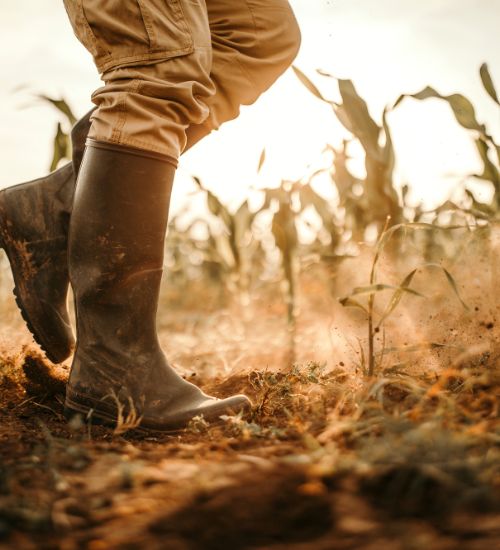
Since our latest news in September 2022, the European Commission has approved six new CAP Strategic Plans. The latest EU Member States that got their CAP Strategic Plans approved are: Croatia, Estonia, Hungary, Latvia, Slovenia and Sweden.
At SHERPA, we have prepared a Timeline for EU Programming. Consult our timeline and find more on the current status of all EU Member States, and you can download the most relevant documents.
In addition, below you can find some highlights from the latest approved CAP Strategic Plans:
Croatia
- 20% of the CAP’s direct payments budget will be redistributed to small and medium farmers for their first 30 hectares of agricultural land;
- Specific incentives to more than 1,000 Croatian farmers under 40 years old to set up their agricultural holdings and sustain their initial investments;
- Rural development funds will support the creation of 14,000 jobs in rural areas, and infrastructure investments (e.g. water, local roads and kindergartens)
Estonia
- 45% of the Estonian CAP Plan’s total funding will be earmarked to help stabilise the income of farmers and rural businesses;
- Small- and medium-sized farms will benefit from a higher income support;
- €456 million will be used to support environmental and climate objectives;
- More than 23% of the agricultural land will receive support for practicing organic farming;
- Specific aid to young farmers to address depopulation and ageing in rural areas and in the agricultural sector.
Hungary
- Measures to facilitate the setting-up of 8,800 young farmers and the modernisation of 7,700 farms;
- Sectors facing difficulties will get additional income support to strengthen their resilience.
- 38% of the rural development budget will be allocated to agri-environmental interventions, 8% to the further development of organic farming and about 5% to the protection of Natura 2000 sites;
- Target to double the area under organic farming by 2027;
- Specific attention on local crafts, artisanal industries, local ecotourism, local gastronomic and cultural festivals.
Latvia
- 14% of direct payments earmarked for coupled income support to support sectors undergoing difficulties (in particular the dairy, bovine, cereals and oilseeds and fruit and vegetable sectors);
- New capping of the aid received by farms above a certain size and small- and medium-sized farms;
- Over 70% of the utilised agricultural area will benefit from practices protecting and improving soil quality;
- By 2027, 18.8% of Latvia’s agricultural land will be cultivated organically.
Slovenia
- Redistributive payment will be applied to shift part of the budget from larger to smaller agricultural holdings;
- In addition to direct payments, €98 million will be used to support around 25,000 farmers in sectors currently facing difficulties;
- Around 800 Slovenian beekeepers will receive specific aid to maintain or convert to organic beekeeping;
- Rural development funds will support small-scale investments with high value added to rural areas, such as setting-up local markets and renovating facilities for the sale of local products.
Sweden
- Allocation of €806 million for farmers to continue sustainable agricultural practices in areas where conditions for farming are challenging, such as mountains, forests or northern areas;
- Start-up aids and complementary income support for young farmers to help them the first years of their agricultural businesses;
- Specific training on environmental or climate-related performance for approximately 30,000 persons.
Published by Carla Lostrangio